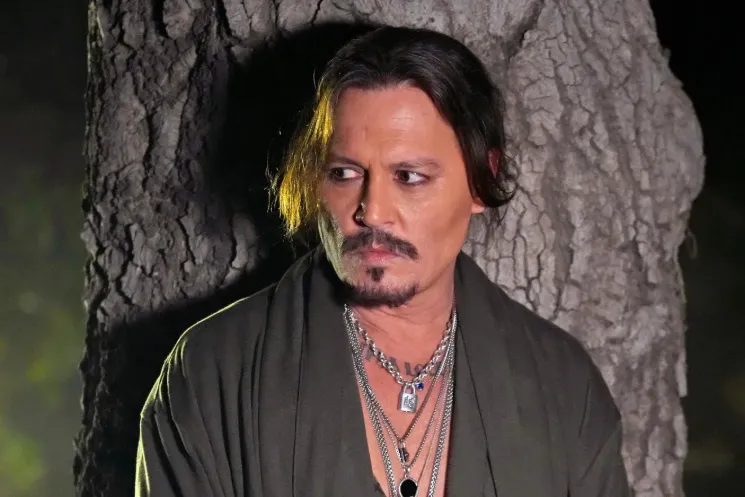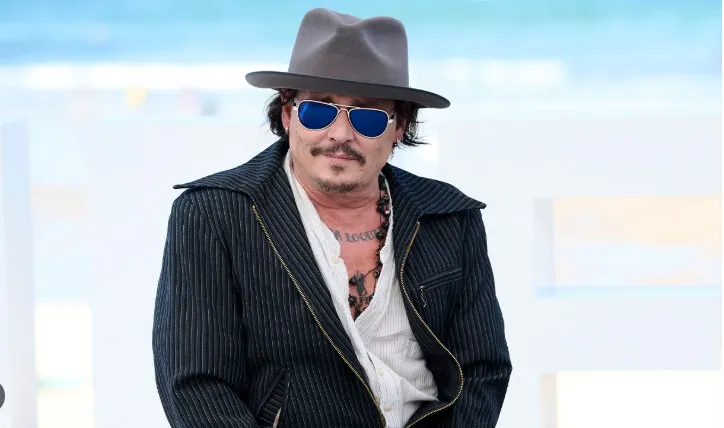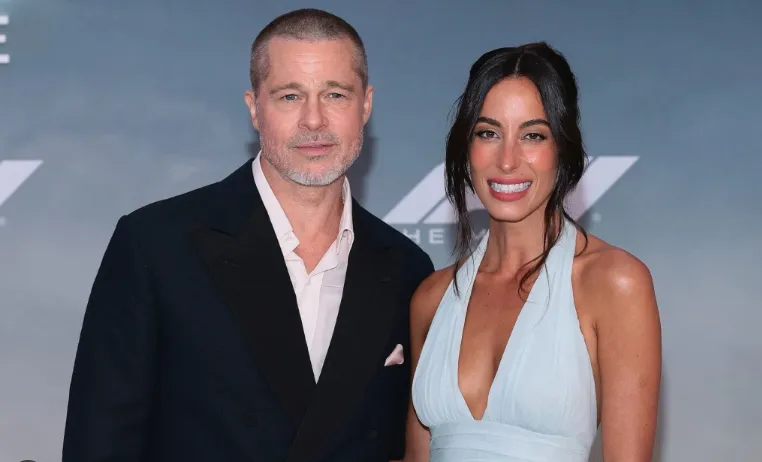
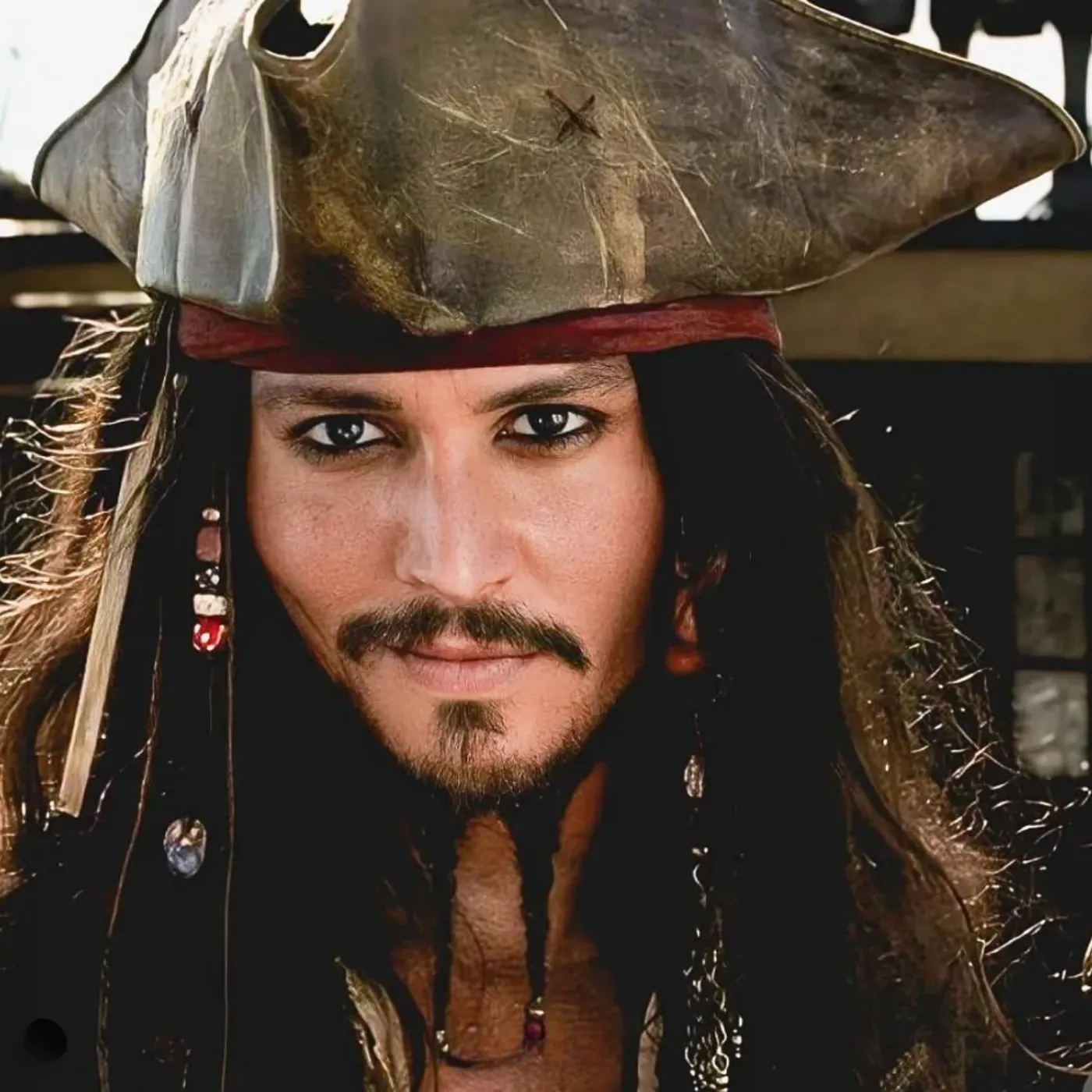
Johnny Depp: The Hollywood icon with all the talent and looks but only takes on weird and ugly roles
Johnny Depp is widely regarded as one of the most talented and charismatic actors of his generation. With striking good looks, immense acting skills, and an uncanny ability to transform into any character, he could have easily dominated Hollywood as a traditional leading man. However, Depp has consistently chosen to portray bizarre, eccentric, and often visually unappealing characters—a decision that has made him a unique and unpredictable presence in the industry.
But why does Depp gravitate toward these unconventional roles? Is it a desire to challenge himself as an actor, a way to rebel against Hollywood norms, or simply an artistic preference? This article explores Johnny Depp’s career, his penchant for unusual roles, and the impact of his choices on his legacy.
Early Career: The Making of an Unconventional Star
Johnny Depp’s journey to Hollywood superstardom began in the mid-1980s. His first major role was in the horror classic A Nightmare on Elm Street (1984), where he played Glen Lantz, one of Freddy Krueger’s unfortunate victims.
Despite his growing popularity, Depp wasn’t interested in being typecast as a teen heartthrob. His breakout moment came when he starred in the TV series 21 Jump Street (1987–1990). The show made him a household name, but Depp quickly grew frustrated with being labeled a “pretty boy.”
“I always felt like I was being shoved into a box. I wanted to play characters with depth, not just be the handsome guy on screen.” — Johnny Depp
It was this mindset that pushed him toward unconventional roles—ones that allowed him to fully immerse himself in unique and often peculiar characters.
The Tim Burton Collaboration: A Match Made in Eccentric Heaven
Johnny Depp’s career took a major turn when he formed a long-lasting creative partnership with director Tim Burton. The two shared a love for dark, whimsical, and unconventional storytelling, leading to some of the most memorable performances in Depp’s career.
Edward Scissorhands (1990): The Birth of an Iconic Outcast
Depp’s first major departure from traditional roles came with Edward Scissorhands, where he played a misunderstood artificial man with scissors for hands.
• Torn between innocence and alienation, Edward was the embodiment of an outsider struggling to find his place in the world.
• Depp’s haunting yet heartfelt performance turned the character into a pop culture phenomenon.
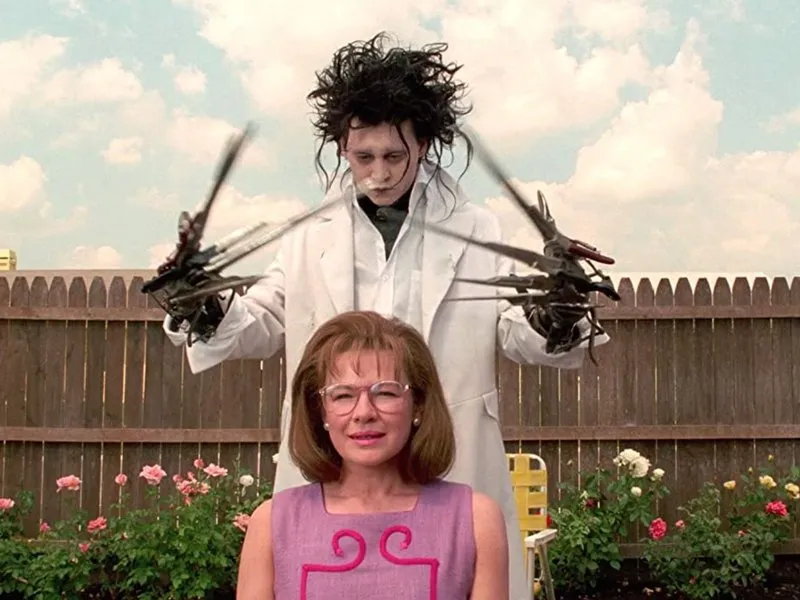
Ed Wood (1994): A Love Letter to a Misunderstood Filmmaker
In one of his most underrated performances, Depp portrayed real-life filmmaker Ed Wood, who was known for making some of the worst movies in history.
• Depp played Wood with boundless optimism, despite the character’s many failures.
• The film was a passionate tribute to those who dare to follow their artistic dreams, no matter how bizarre they seem.
Sleepy Hollow (1999): Reinventing Ichabod Crane
Depp transformed the bookish, timid Ichabod Crane from Washington Irving’s classic story into a quirky and eccentric detective in Tim Burton’s gothic horror adaptation.
• The film combined mystery, horror, and dark humor, making it a perfect fit for Depp’s style.
• His performance cemented his reputation as an actor who could make strange and unconventional characters feel real.
The Role That Defined Him: Captain Jack Sparrow
While Depp had already built a strong reputation as a talented character actor, it was his role in Pirates of the Caribbean: The Curse of the Black Pearl (2003) that catapulted him into global superstardom.
The Birth of an Icon
Captain Jack Sparrow was unlike any other pirate seen on screen. Depp blended Keith Richards’ rock-star energy with Charlie Chaplin’s comedic timing, creating a character that was both chaotic and charming.
• Disney executives were initially skeptical of Depp’s performance, fearing it was “too weird.”
• However, audiences fell in love with the flamboyant, unpredictable, and hilariously offbeat Jack Sparrow.
The film became a massive box office success, leading to four sequels and earning Depp an Academy Award nomination.
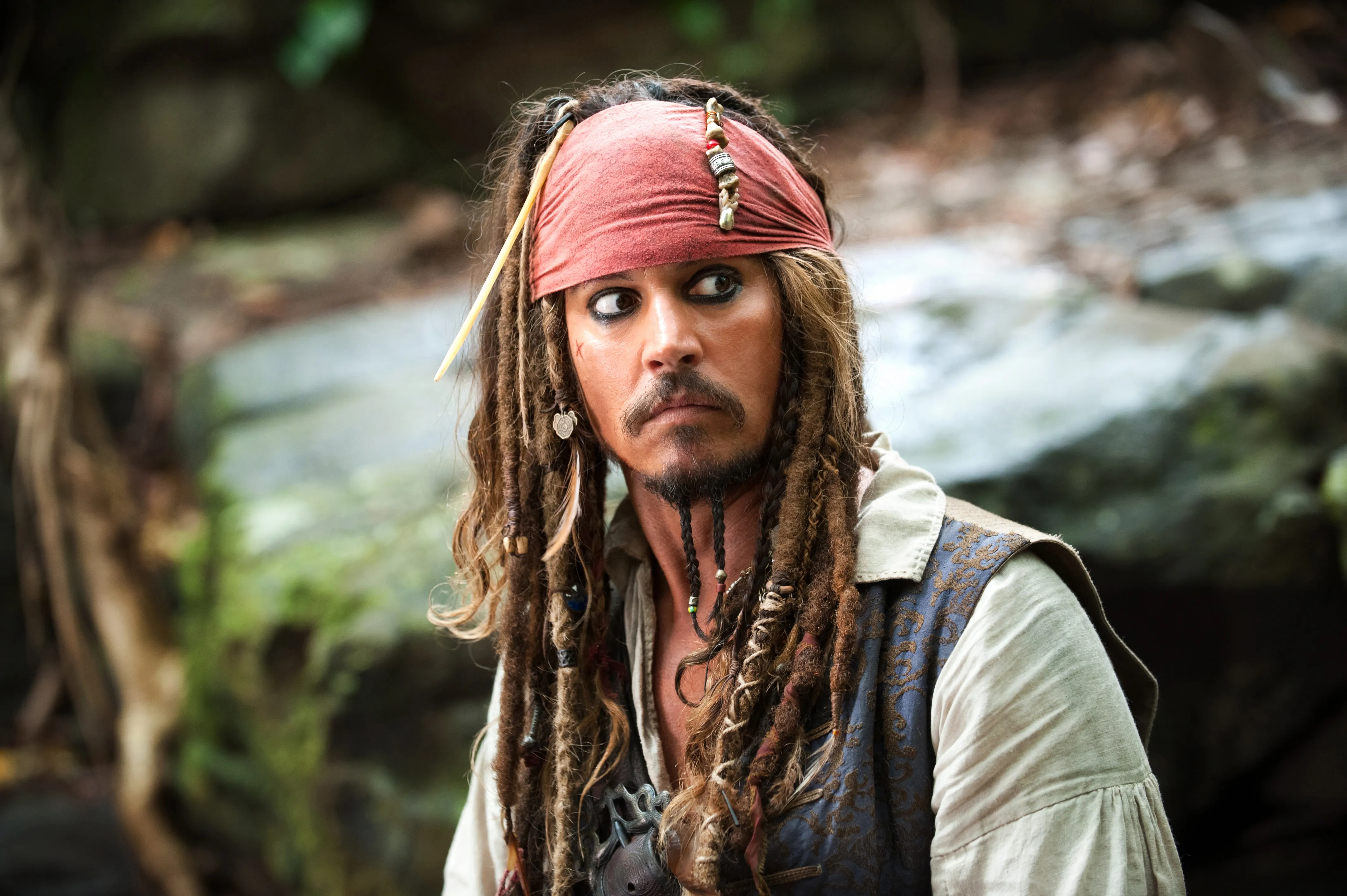
Why Jack Sparrow Stands Out
Unlike traditional action heroes, Jack Sparrow was:
✔ Unpredictable – Always one step ahead of his enemies.
✔ Morally ambiguous – A pirate with his own set of ethics.
✔ Comedic genius – Blending slapstick humor with clever wit.
Depp’s portrayal made Jack Sparrow one of the most beloved movie characters of all time.
Other Unconventional Roles That Prove Depp’s Commitment to Unique Characters
Willy Wonka (Charlie and the Chocolate Factory, 2005)
Depp reimagined Willy Wonka as an awkward, socially isolated chocolatier with a hint of eerie detachment.
• Many fans were divided over his soft-spoken, eccentric portrayal.
• However, the role demonstrated Depp’s fearless approach to reinventing iconic characters.
Sweeney Todd (2007): A Bloody Brilliant Performance
In Tim Burton’s Sweeney Todd: The Demon Barber of Fleet Street, Depp played a vengeful barber who turns to murder.
• His intense, brooding performance won him a Golden Globe Award.
• Depp even performed his own singing in the film, proving his versatility.
Mad Hatter (Alice in Wonderland, 2010)
• Depp’s Mad Hatter was emotionally complex, oscillating between whimsy and deep sadness.
• His use of expressive body language and a unique voice gave new depth to a classic character.
Why Depp Prefers “Ugly” and Eccentric Roles
Depp has openly admitted that he intentionally avoids playing traditional leading men. His reasoning?
✔ A Desire to Transform: He enjoys immersing himself completely in a role, which is easier when playing characters with unique appearances and personalities.
✔ Rejection of Hollywood Stereotypes: Depp has never cared about being a conventional “pretty boy” and instead prioritizes artistry over image.
✔ Love for Outcasts: Many of his characters are misunderstood outsiders, mirroring his own experiences with feeling like an outsider in Hollywood.
✔ Creative Freedom: Playing quirky roles allows him greater artistic freedom, as these characters often don’t adhere to traditional storytelling norms.
Challenges and Controversies: How Personal Struggles Impacted His Career
Despite his immense success, Depp’s career has faced setbacks due to legal battles and public controversies.
• His high-profile legal dispute with Amber Heard significantly affected his reputation.
• Disney dropped him from the Pirates of the Caribbean franchise, despite fan outcry.
• Depp has since worked on smaller, independent films, focusing on passion projects.
However, he remains an icon of individuality and resilience.
What’s Next for Johnny Depp?
After winning his defamation lawsuit against Amber Heard, Depp has been slowly re-entering Hollywood.
• He starred as King Louis XV in Jeanne du Barry (2023), marking his first major film role in years.
• Rumors suggest he may return as Jack Sparrow, though no official confirmation has been made.
• Depp continues to explore directing and music, proving his artistic range beyond acting.
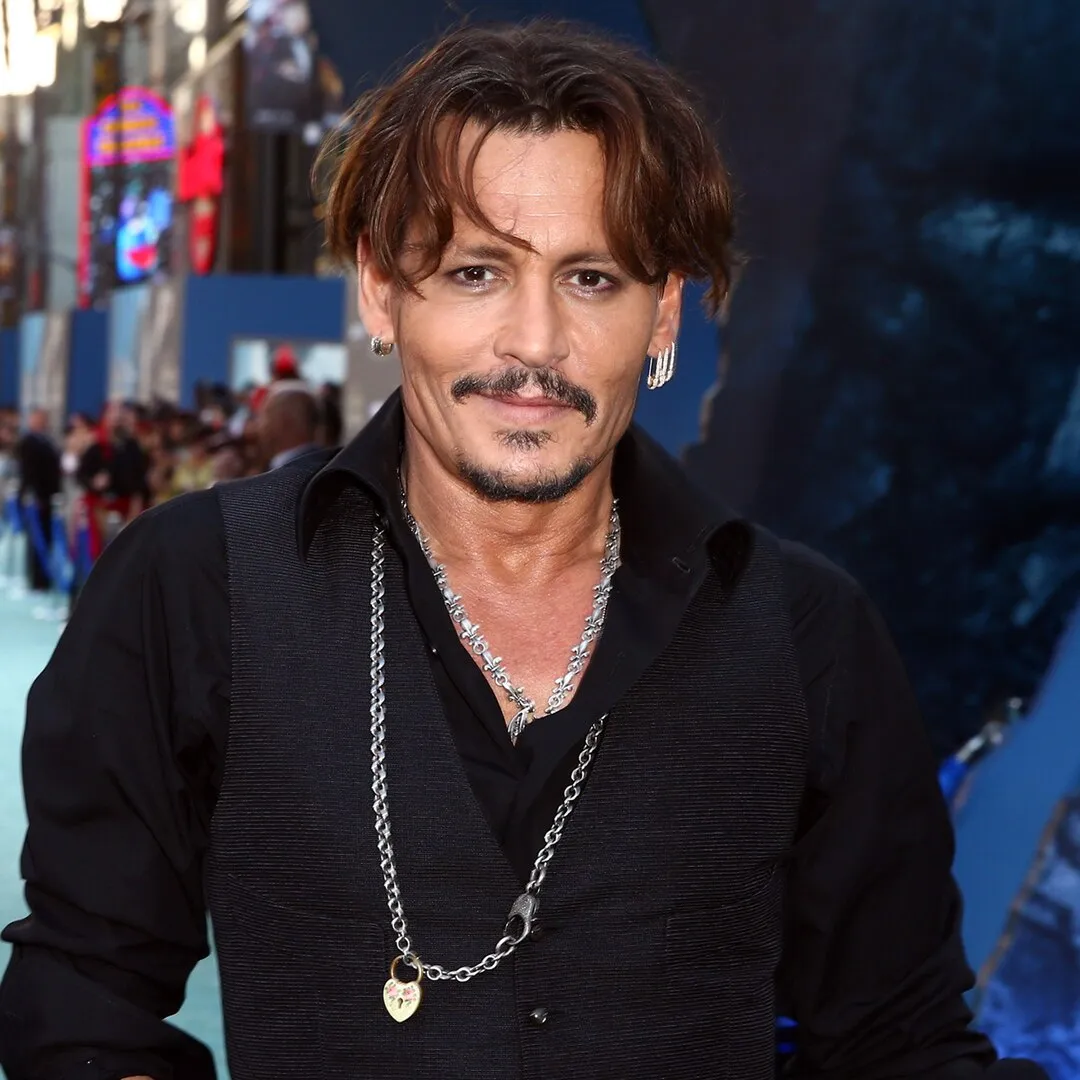
Final Thoughts: Johnny Depp’s Lasting Legacy
Johnny Depp is more than just an actor—he is a true artist. His commitment to strange, eccentric, and often unsettling characters has set him apart in an industry that often favors conventional beauty and predictability.
“If someone gives me a script with a character described as ‘handsome, charming leading man,’ I immediately put it down. That’s just not for me.” — Johnny Depp
Through his bold choices and transformative performances, Depp has proven that true artistry comes from taking risks—even if that means looking weird while doing it.








